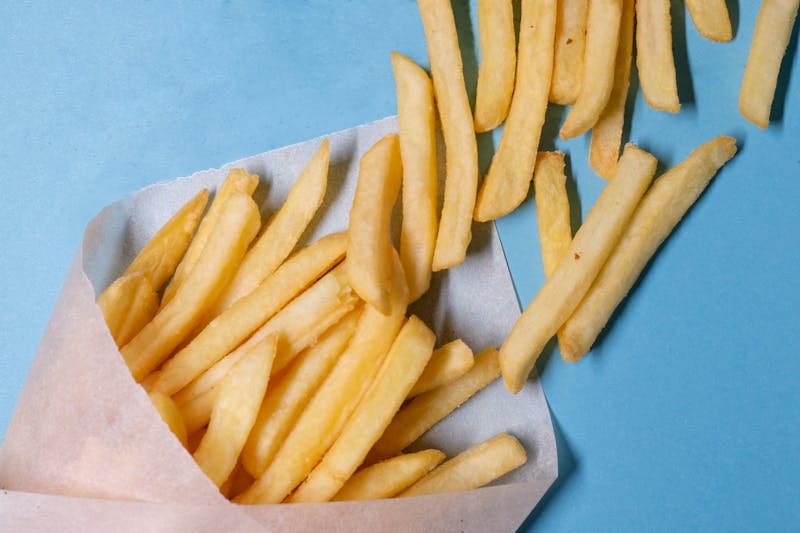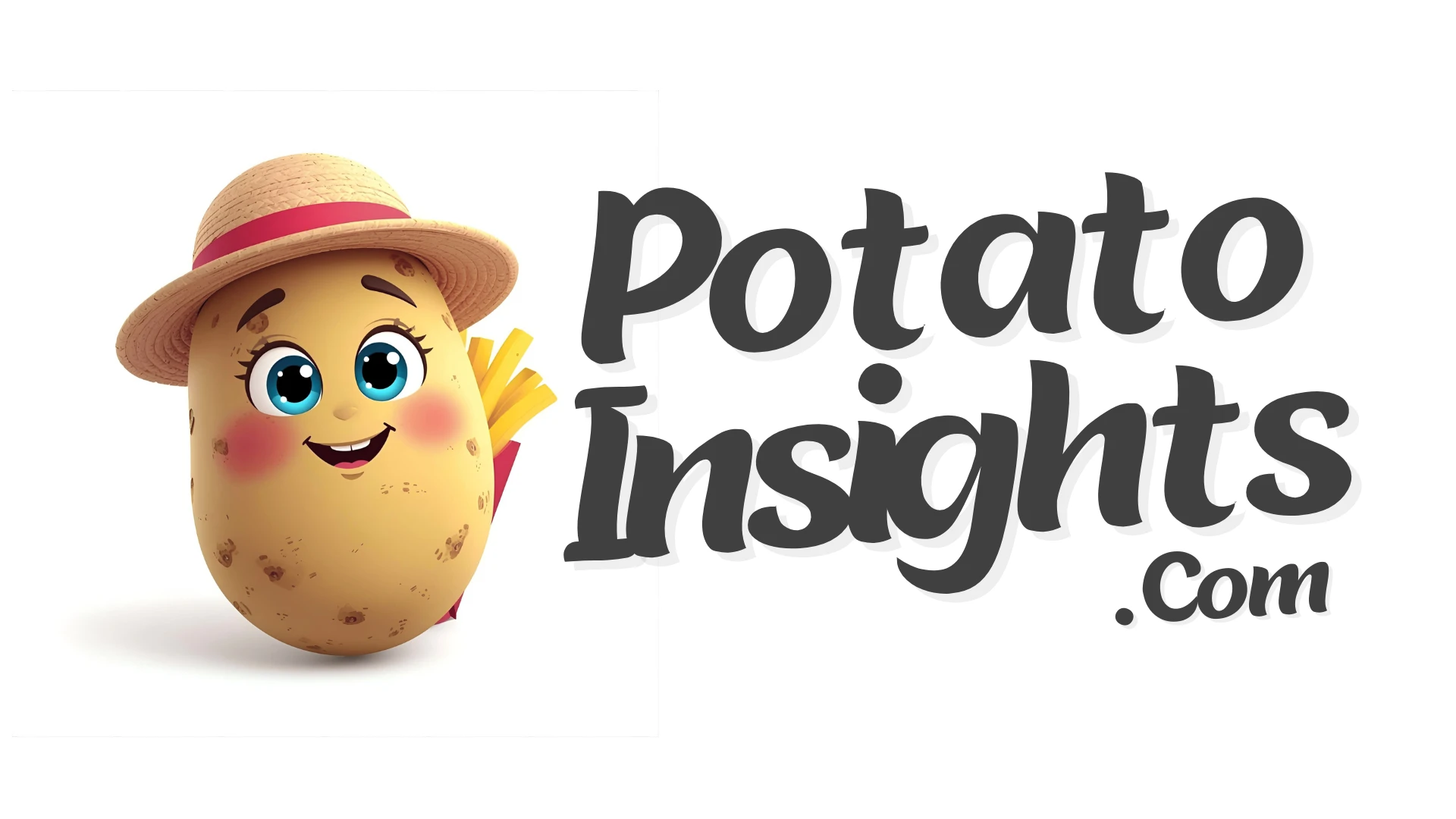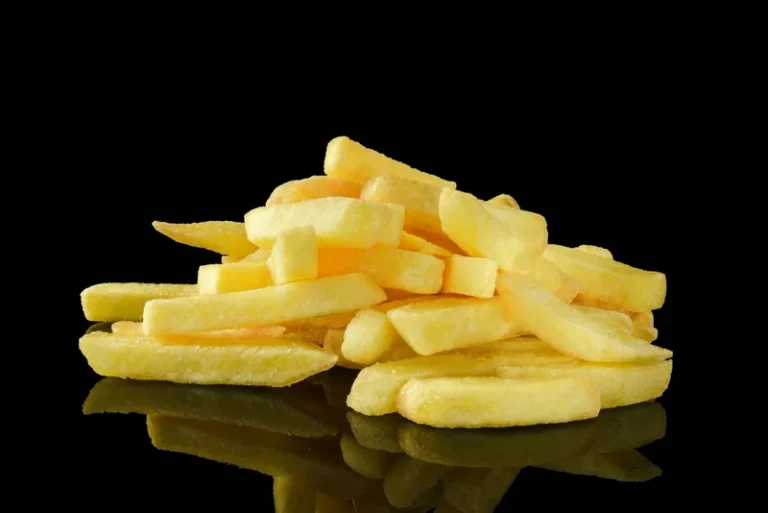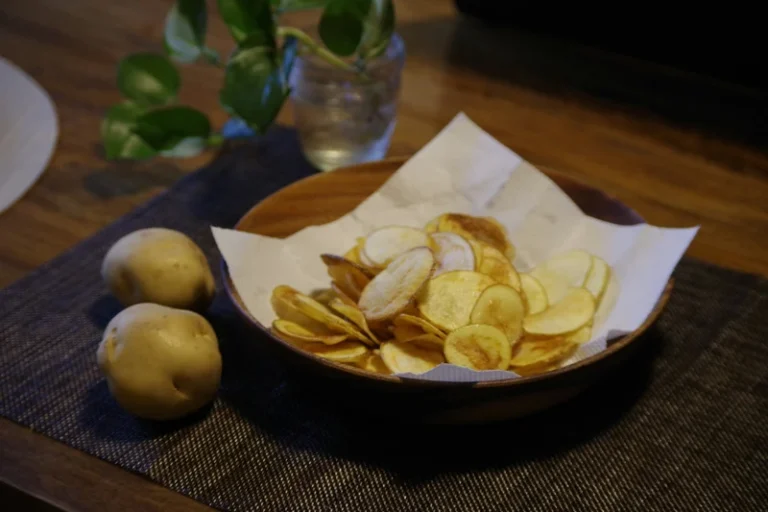Study Shows Global Potato Processing Industry Faces Tech and Eco Test

Key Highlights:
- China leads in total potato processing capacity
- Supply chain gaps continue to hurt efficiency in developing regions
- Energy, water and waste management remain major concerns
- Study urges global shift toward smarter, resource-saving methods
A new scientific review has taken a close look at how the global potato processing industry is changing. The study, published in the journal Food by researcher X. Hu and team, shows both the progress made in efficiency and the serious sustainability issues still holding the industry back. Drawing from data across Asia, Europe and North America, the authors describe an industry standing at an important moment where technology and environmental practices will decide its next steps.
The review shows that China now has the largest potato processing capacity in the world. This growth comes from rising local demand and government support for food manufacturing. Europe and North America remain strong in high-value products such as frozen fries, potato chips and dehydrated items.
Belgium, the Netherlands and Germany are leading exporters, while the United States operates one of the most organized systems connecting farmers directly with major processors. India and other fast-developing countries are quickly growing their local processing sectors, but many still face problems such as limited storage and irregular supply of raw potatoes.
The study points out that stable and uniform potato supply is key to smooth processing. Yet in many developing regions, this is still a major weakness.
Frequent issues include:
- Different potato sizes causing trimming and waste
- Poor or unmanaged cold storage that harms quality
- Weak ties between farmers and processors, leading to supply uncertainty
These gaps increase waste, raise energy use and make it harder for factories to run all year without breaks.
Potato processing uses a lot of water and energy, especially during peeling, blanching and drying. The study found that many plants still depend on heating systems that lose too much energy. In addition, wastewater from starch recovery and washing is often released without proper treatment, harming the environment.
The authors note that byproducts like potato peels, pulp and leftover water are underused. Some plants are now trying to turn them into useful materials such as fiber, protein or bioenergy, an idea that could make the entire system more sustainable if adopted widely.
Several modern technologies are showing promise for making potato processing cleaner and more efficient:
- Membrane and filtration systems that recycle process water
- Infrared, microwave and vacuum drying that lower energy use
- Smart control systems and sensors that detect product defects in real time
- Enzyme and microbe-based methods to convert waste into valuable compounds
Although most of these are still in early testing, the report suggests they could reduce costs and waste if scaled up globally.
Consumers everywhere are asking for healthier snacks and meals. Lower salt and fat levels are now common targets for potato processors. But reformulating products without losing taste or texture adds cost and complexity, particularly for smaller processors.
At the same time, demand for frozen and ready-to-eat foods is rising quickly, especially in cities. This trend continues to attract investment in processing capacity, making the sector a key growth driver in many regions.
According to Hu and the team, the industry must focus on:
- Closer links between farms and processing plants
- Better cold storage and transport networks in Asia and Africa
- Wider use of energy- and water-saving systems
- Full sustainability checks for processed potato products
The study also highlights missing data from parts of Africa, Latin America and Southeast Asia, areas where processing is growing fast but research is still limited.
For producers in mature markets, the message is clear. Those who invest in efficient heating and drying systems and who find new ways to reuse waste, can lower both costs and emissions. Companies that delay such improvements may struggle as global standards on environment and resource use become stricter.
The study presents this decade as a key moment for the potato processing world, a time to move from large-scale volume production toward smarter and more sustainable systems that save both energy and money.
Source: pmc.ncbi.nlm.nih.gov
Image Credit: Pexels, by Alena Shekhovtcova
Recent Articles
Follow us to receive updates🔔






